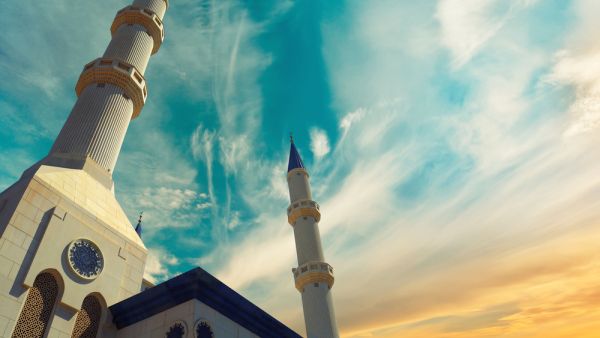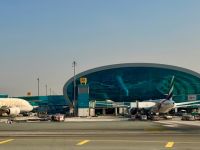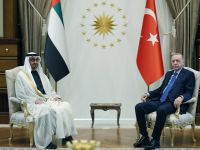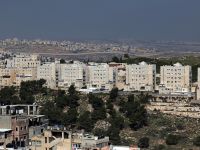ALBAWABA Members of Bangladesh's transgender hijra community, who have faced exclusion from other prayer services, have found solace in a newly established mosque in the Muslim-majority nation, offering them the assurance of worship free from discrimination.
The unassuming structure, a single-room shed with walls and a tin roof, serves as a pivotal community hub for the minority group.
Situated near Mymensingh, north of Dhaka along the Brahmaputra river, the mosque arose on government-donated land after the local hijra community faced expulsion from an established congregation.
Sonia, 42, expressed her gratitude, reminiscing about her childhood passion for reciting the Quran and attending an Islamic seminary.
However, upon coming out as hijra, she encountered barriers to mosque attendance. "People would tell us: 'Why are you hijra people here at the mosques? You should pray at home. Don't come to the mosques,'" Sonia recounted. "
Despite gaining legal recognition as a third gender in Bangladesh since 2013 and witnessing hijra individuals entering politics, including the election of a transgender woman as mayor of a rural town in 2021, challenges persist.
Hijra communities still struggle for fundamental rights, including property and marriage rights, and face discrimination in employment.
Moreover, they are disproportionately affected by poverty and violent crime compared to the general population.








